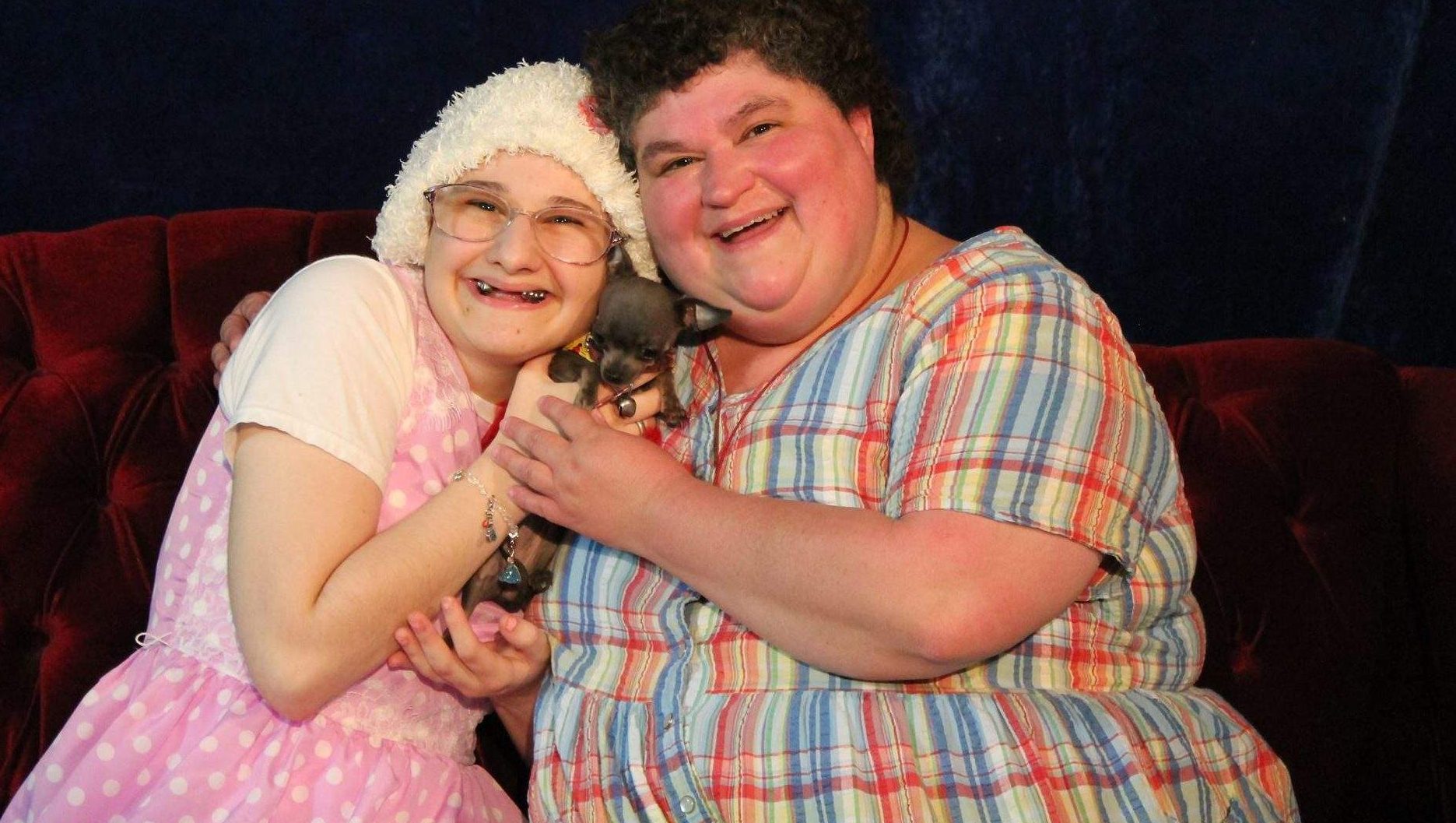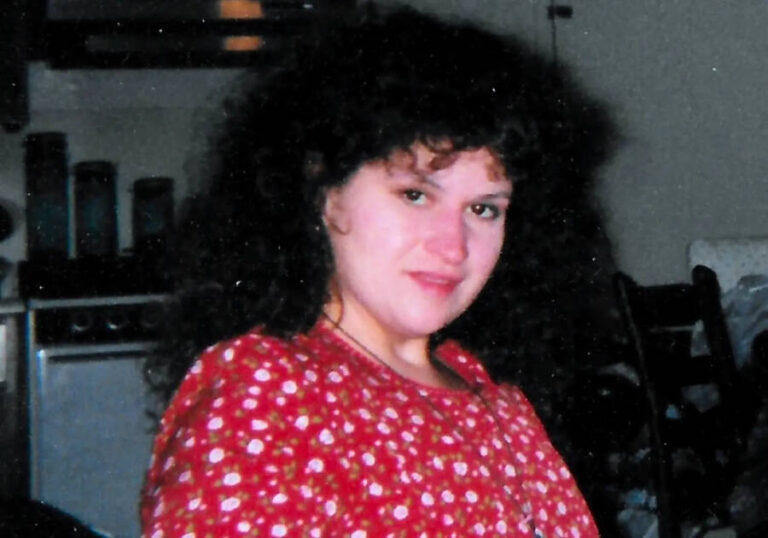The story of Dee Dee Blanchard and her daughter Gypsy Rose Blanchard is one of the most haunting and intricate crime narratives of our time. This disturbing tale is marked by abuse, deception, and ultimately, murder. At its heart, the case raises profound questions about medical fraud, mental illness, and the boundaries of parental control. In this article, we will delve into the crime scene, the events leading up to the murder, and the aftermath that left the nation in shock.
Dee Dee Blanchard, a mother who for years deceived those around her, claimed her daughter Gypsy suffered from a variety of severe health issues, including leukemia and muscular dystrophy. This elaborate ruse enabled her to secure sympathy and financial assistance from charitable organizations and her community. However, the truth was far darker. In June 2015, Dee Dee was discovered murdered in her home, and the subsequent investigation uncovered a web of lies and manipulation that shocked the world.
As we explore this case, we will analyze the crime scene in detail, examine the psychological factors involved, and discuss the legal consequences that followed. Our aim is to provide a thorough understanding of the Dee Dee Blanchard crime scene while maintaining a commitment to expertise, authority, and trustworthiness.
Read also:Discover The Revolutionary Girthmaster Your Ultimate Fitness Companion
Table of Contents
- Biography of Dee Dee Blanchard
- The Crime Scene Investigation
- Background of Dee Dee and Gypsy
- Psychological Factors Involved
- Media Coverage and Public Reaction
- Legal Ramifications and Trials
- Aftermath and Current Developments
- Conclusion
Biography of Dee Dee Blanchard
| Name | Dee Dee Blanchard |
|---|---|
| Date of Birth | January 4, 1967 |
| Date of Death | June 14, 2015 |
| Occupation | Mother, Caregiver |
| Known For | Medical Fraud, Murder Case |
Dee Dee Blanchard was born in Chackbay, Louisiana, where she experienced a challenging childhood that likely influenced her later behavior. After giving birth to Gypsy Rose Blanchard in 1991, she began portraying her daughter as a severely ill child, claiming various non-existent medical conditions. This deception persisted for years, creating a life built on lies and manipulation.
The Crime Scene Investigation
On June 14, 2015, law enforcement officers discovered Dee Dee Blanchard's body in her home in Springfield, Missouri. The scene was harrowing; Dee Dee had suffered multiple stab wounds. Investigators immediately began searching for Gypsy Rose, who was initially missing but later found safe with her boyfriend, Nicholas Godejohn.
Initial Findings at the Scene
- Dee Dee's body was located in her bed.
- Multiple stab wounds indicated a violent struggle.
- The house exhibited signs of a physical altercation.
Investigation and Arrest
As investigators pieced together the events leading to the murder, they uncovered that Gypsy had conspired with her boyfriend to eliminate her mother. Gypsy's motive stemmed from years of abuse and control imposed by Dee Dee, driving her to seek a way out of her oppressive life.
Background of Dee Dee and Gypsy
Understanding the background of Dee Dee and Gypsy is essential for grasping the psychological dynamics at play in this case. Dee Dee was notorious for her manipulative behavior, often exploiting Gypsy's supposed illnesses for personal gain.
Gypsy Rose Blanchard's Life
Gypsy Rose lived a life clouded by deceit, believing she was chronically ill and in constant need of care. This belief was instilled in her by Dee Dee, who repeatedly took her to doctors and hospitals while fabricating her daughter's medical history. Gypsy's world was one of confinement and manipulation, orchestrated by her mother.
Medical Fraud and Munchausen Syndrome by Proxy
Dee Dee's actions align with Munchausen Syndrome by Proxy, a psychological disorder in which a caregiver fabricates or induces illness in someone under their care. This condition not only affected Gypsy's physical health but also had devastating emotional consequences, leaving her isolated and dependent on her mother's control.
Read also:Aishah Hasnie Unveiling Her Career Personal Life And Impact On Journalism
Psychological Factors Involved
The psychological implications of the Dee Dee Blanchard case are profound. Both Dee Dee and Gypsy were victims of psychological manipulation, though in distinct ways. Dee Dee exhibited clear signs of mental illness, while Gypsy's life was a relentless struggle for freedom and autonomy.
Impact of Abuse on Gypsy
Gypsy's experiences with her mother resulted in severe emotional trauma. The isolation and control exerted by Dee Dee created an oppressive environment that ultimately pushed Gypsy to take extreme measures to escape. Her journey is a testament to the long-lasting effects of psychological abuse.
Mental Illness Considerations
Dee Dee's behavior raises significant questions about her mental state. Many experts believe she suffered from untreated mental health issues, which contributed to her manipulative and abusive treatment of Gypsy. Understanding these aspects is crucial to comprehending the case in its entirety.
Media Coverage and Public Reaction
The murder of Dee Dee Blanchard garnered national attention. Media outlets extensively covered the case, highlighting its bizarre and tragic elements.
Documentaries and Shows
- Hulu's "The Act" dramatized the lives of Gypsy and Dee Dee, bringing their story to a wider audience.
- Various true crime podcasts explored the psychological and legal intricacies of the case, sparking widespread interest.
Public Sympathy for Gypsy
As the story unfolded, public sympathy shifted from Dee Dee to Gypsy. Many viewers came to see Gypsy as a victim of her mother's manipulation, leading to widespread advocacy for her release and understanding of her actions.
Legal Ramifications and Trials
The legal proceedings following the murder were complex and emotionally charged. Gypsy Rose Blanchard and Nicholas Godejohn faced charges, but the circumstances surrounding the crime led to differing public opinions on their culpability.
Charges and Trials
Gypsy pleaded guilty to second-degree murder and was sentenced to ten years in prison, while Nicholas was charged with first-degree murder. The trials brought to light the abuse Gypsy endured and ignited discussions about the adequacy of mental health support systems.
Sentencing and Public Perception
Gypsy's sentencing sparked mixed reactions. Many believed her actions were justified given the abuse she endured, while others felt she should face harsher penalties. The case underscored the complexities of justice in situations involving familial abuse.
Aftermath and Current Developments
In the years following the murder, Gypsy Rose Blanchard has emerged as a symbol of resilience and survival. Her story has raised awareness about Munchausen Syndrome by Proxy and the importance of mental health support.
Gypsy's Life Post-Incarceration
Gypsy was released from prison in 2023 and has since begun rebuilding her life. She has expressed a desire to advocate for others who have experienced abuse, using her story to promote understanding and healing.
Continued Discussions on Abuse
The case of Dee Dee and Gypsy Blanchard continues to inspire discussions about medical abuse and the failures of the healthcare system to recognize signs of Munchausen Syndrome by Proxy. It serves as a reminder of the need for greater awareness and support for victims of such abuse.
Conclusion
The Dee Dee Blanchard crime scene is a stark reminder of the complexities surrounding familial abuse and mental illness. As we reflect on this harrowing case, it is vital to recognize the signs of manipulation and seek help for those who may be suffering in silence. If you or someone you know is experiencing similar issues, please reach out to a mental health professional or support group for assistance.
We invite you to share your thoughts in the comments below. If you found this article informative, please consider sharing it with others who may benefit from understanding this tragic yet important story.
Thank you for taking the time to read about the Dee Dee Blanchard crime scene. We hope you return for more insightful articles on true crime and psychological topics.


